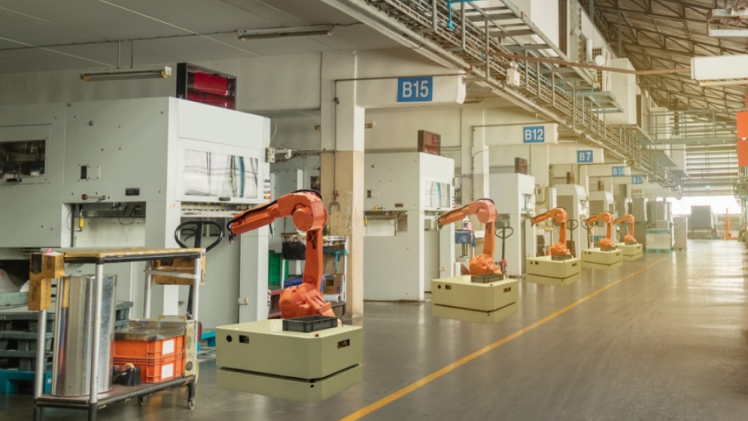The logistics industry is developing so fast. Nowadays it’s impossible to imagine a successful freight forwarding company that doesn’t use innovative technologies such as tracking applications or automated inventory software. More and more owners of transportation firms start thinking about the implementation of copious elements of AI technologies into the shipping process.
There are several areas where artificial intelligence has been already using for several years. They are the following:
● Smart warehousing.
Every transportation broker knows for sure that the greater part of business owners need not only shipping services but also storage solutions. Smart warehousing implies the use of automated technologies. They help to create the most appropriate storing conditions, as well as to prevent losing and damaging goods while loading.
● Autonomous vehicles.
The problem of catastrophic lack of drivers is well-known to everyone who has ever dealt with shipping. It becomes a real challenge to find a good driver in case of an emergency. No wonder, self-driving trucks seem to be an ideal solution to this problem.
● Wise time management.
There are only a few specialists who are able to cope with time management without the help of special programs. When the number of orders is enormous, it’s quite difficult to keep all the information in mind and consider all the elements.
● Smart roads.
Although this type of technology is not a commonplace experience, in some countries, it’s possible to find highways with solar panels or fiber optic sensors. Such roads help to save time and minimize the risks of accidents. It goes without saying that the greater part of such roads is not free.
● Back office.
If you think that a transportation company is just a driver and a truck, you are wrong. It’s a team of various specialists. They are to cope with fleet issues as well as arrange the paperwork. AI tools are able to help workers to get rid of routine daily tasks and avoid common mistakes.
The use of all these elements has already benefited the transportation industry. Business owners have a perfect opportunity to get their cargo delivered as swift as possible. Moreover, the risks of losing or damaging items become smaller.
At the same, there are several disadvantages you should take into account. Thus. Artificial Intelligence requires lots of technical maintenance and profound knowledge. If you want it to work well, you should use only top-quality technologies. It means small companies have no financial and technical opportunities to implement AI tools. Perhaps, with the further development of technologies, they become more affordable and accessible. But nowadays AI is able to create additional problems for some transportation brokers than to solve existing ones.
The next significant disadvantage of the implementation of AI technologies in logistics is the high price. At least now you may forget about cheap freight shipping if you want to get the most from the use of artificial intelligence.
So, it’s clear that the use of AI tools in logistics is a cool way to boost the transportation process and make the delivery as smooth and convenient as possible.
